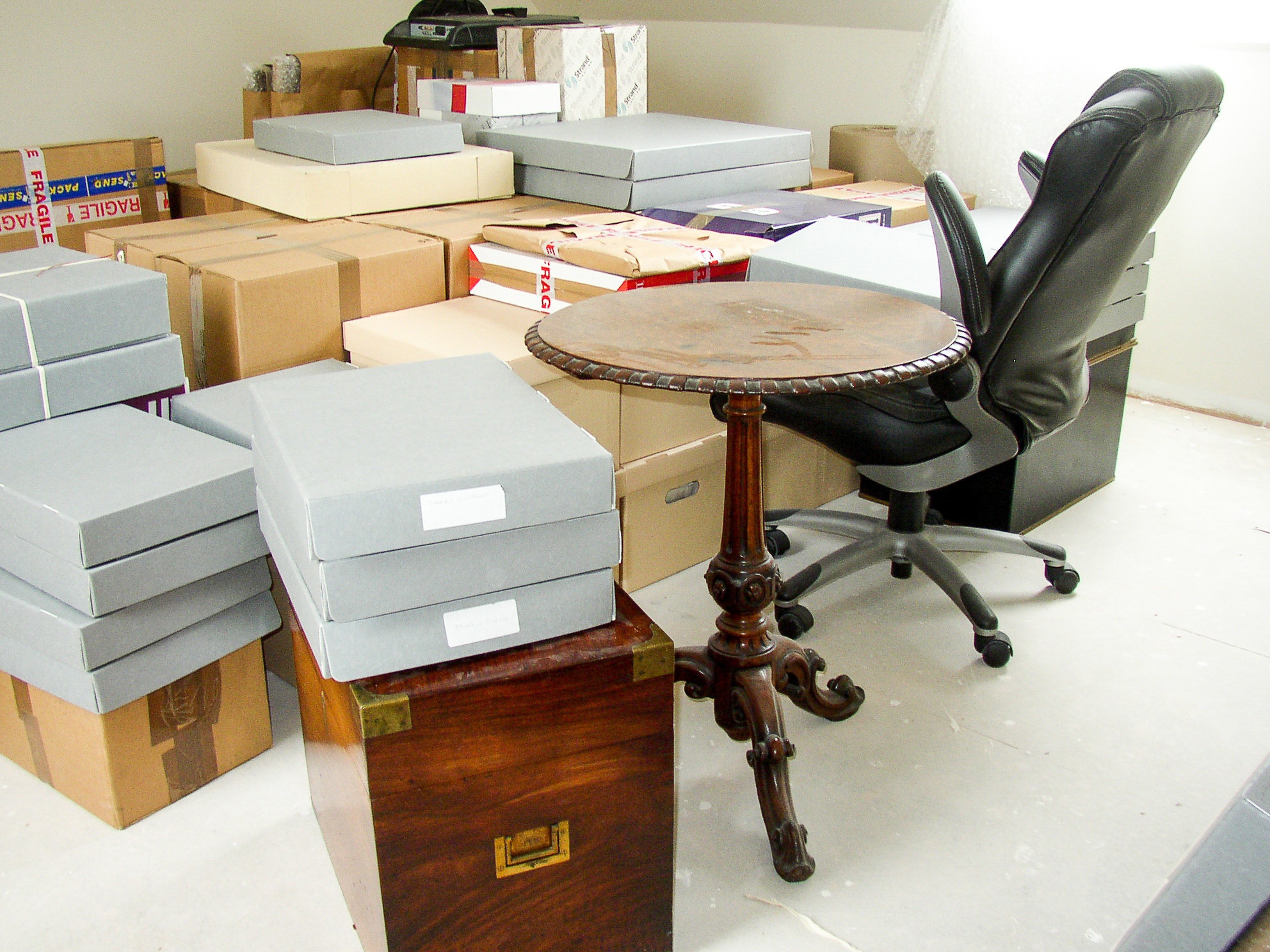How to reduce disruption when extending your home
How to reduce disruption when extending your home
Here are our top tips to help minimise the impact of building work on you and your family.
While moving to a luxury hotel might be the best way to reduce stress levels, it’s probably not practical. So what should you do if you have to carry on day-to-day life among the chaos of a building site? No matter the size of the project – whether you’re planning a modest kitchen revamp or building a large extension – be prepared for major disruption.

1. Plan ahead
Before your builders start knocking down walls, take time to think about what is going to be affected – cooking, laundry, bathroom facilities, dish washing, children and pets. A good builder will come up with helpful suggestions. For example, hook up your clothes washing machine in an outbuilding or install a temporary kitchen in the basement or utility room before work starts. Have a schedule of works so you know when you’re likely to lose facilities, such as water and heat, and when they will be back again. Heat is obviously crucial in the cold winter months. It may be better to plan a major building project for the spring or summer.
2. Repurpose rooms
Be prepared to make your lounge or dining room a temporary kitchen and your bedroom a living space. If you are staying put, it’s important that the area you retreat to is kept as free of dust and debris as possible. Ban working boots and use a plastic or cotton sheet and tape to separate your living area from the building site. It helps if the workmen have a separate entrance. Some rear and side extensions can be built with minimum disruption to the rest of the house with the knock through from the old to the new near the end of the building project.
3. Safety first
If you are living on the building site with children, you will need to be extra careful about safety. Have strict no-go areas, for example scaffolding or ladders. You will a need a safe space to park your car and unload your shopping and kids away from other vehicles or deliveries.
According to the Health and Safety Executive, a contractor or builder will usually have sole responsibility for site health and safety on domestic projects, including extensions and refurbishments. As soon as they are appointed, a builder should plan the work, including running a safe and secure construction site. For example, remove scaffolding ladders when leaving at night so they can’t be used and cover excavations to stop people falling into them as well as locking up equipment.
4. Put things in storage
Temporarily putting some items in storage will prevent them being damaged and create more space in the few rooms you are using. A garage, shed, outbuilding or attic could provide storage on site. Alternatively, self-storage companies can offer rented containers in a range of sizes. Rates vary so compare quotes beforehand.
5. Keep your neighbours informed
Falling out with your neighbours during building work is not going to help your stress levels. Tell them when construction is going to start and when it’s scheduled to finish. Warn them when extra noisy drilling is going to take place and how long it’s going to last, especially if you live in a terraced or semi-detached home. If the work is on or near a boundary with a neighbouring property affecting a shared party wall or floor, you must arrange a Party Wall Agreement. Make sure your builders know to sweep the road clean of debris and not to block neighbours’ drives or cars.
6. Have a back up plan
If you have a large enough garden, you could hire a caravan to stay on site and pretend to your children it’s all one big adventure. Relatives and friends might be able to provide temporary refuge if they have sufficient space. Renting a property to live for a few months is another option. It may be more expensive with rental fees on top of a mortgage and building costs but your builders will be able to progress more quickly. If you decide to move out, make sure you are near enough to visit regularly and answer any questions.
7. Choose a good builder
Choosing the right builder for your project is key to minimising disruption. Talk to friends and family members who have undertaken similar building projects. Ask if they can recommend contractors who cleared up after themselves and kept the site clean and tidy. It will also make the whole project go a lot smoother if you get on with your builder and they are pleasant to be around.
